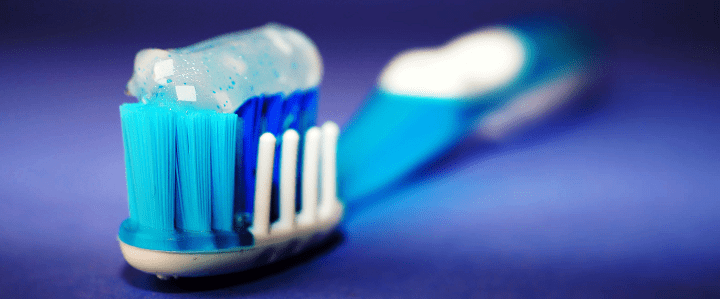Many of our patients ask for a recommendation of which toothpaste to use. And with good reason – most stores stock dozens of different kinds of toothpaste, which can make choosing a toothpaste a daunting task. Here’s some information that can help you choose the toothpaste that is right for your oral health.
Address Your Conditions
A good place to start is to think about any dental health problems that you are dealing with. Toothpaste is formulated in different ways with different ingredients to help address certain conditions. When selecting a toothpaste, it’s important to choose an option that is going to help treat any conditions that your dentist has identified.
Some common treatment options include:
- Teeth Whitening – some toothpastes contain bleaches, abrasives, or other whitening agents to help reduce yellowing in the teeth and brighten your smile.
- Antimicrobial – antimicrobial and antibacterial toothpastes can help fight the plaque germs that cause cavities, tooth decay, and gum disease. A common ingredient of antimicrobial toothpaste is triclosan. If you are prone to cavities or gingivitis, choose an antimicrobial toothpaste that can offer some preventative treatment.
- Tartar control – If your dentist has noticed a lot of tartar buildup in your teeth, you might consider getting a tartar control toothpaste to prevent future problems. Gentle abrasives and surfactants in this type of toothpaste prevent plaque from building up on your teeth. When plaque hardens it becomes tartar, which can cause gum disease or tooth decay.
- Sensitive teeth – Some patients have trouble with brushing their teeth due to sensitivity. If your tooth enamel is thin or has cracks in it, you might experience pain when brushing your teeth or when eating very hot or very cold food and drink. Specially formulated toothpaste can help treat enamel deficiencies with fluoride and offer desensitizing agents to help numb any discomfort while brushing.
Benefits of Fluoride
You may see a lot of toothpaste products advertising whether or not they contain fluoride. Fluoride is a naturally-occurring mineral that can help replenish tooth enamel. This is very important, since enamel is worn away over time by regular chewing. Enamel degradation can also be sped up if you consume a lot of acidic or sugary food and drinks.
Due to the health benefits of fluoride, many municipal water systems fluoridate their water supply. If you live in an area that does not fluoridate the water supply, or if you don’t regularly consume tap water, it may be a good idea to supplement your fluoride intake with a toothpaste that contains fluoride.
That doesn’t mean that non-fluoridated toothpaste is bad. There are many good options for fluoride-free toothpaste that still contain essential ingredients to maintain your oral health.
Synthetic Vs. Natural Toothpaste
While most toothpastes are made with artificial ingredients and flavors, there are some good options for natural toothpastes. These natural products might contain natural abrasives like baking soda, clay, or charcoal to scrub the teeth, natural antiseptics and oils to keep your mouth clean, and natural flavoring to make a pleasant-tasting compound.
If you do choose to shop for a natural toothpaste, look for products that have been ADA approved. That way, you can be assured that your toothpaste both has natural ingredients, and it has the medicinal properties to keep your teeth in good health.
Conclusion
Shopping for toothpaste can be complicated if you don’t know what to look for. It helps if you narrow it down based on your needs. Consider the oral health issues you want to treat, decide on whether you want a natural or artificial product, and look for fluoridated toothpaste if you have weak enamel or you don’t get fluoride from other sources. Follow these simple guidelines and you’ll have the right toothpaste picked in no time!

